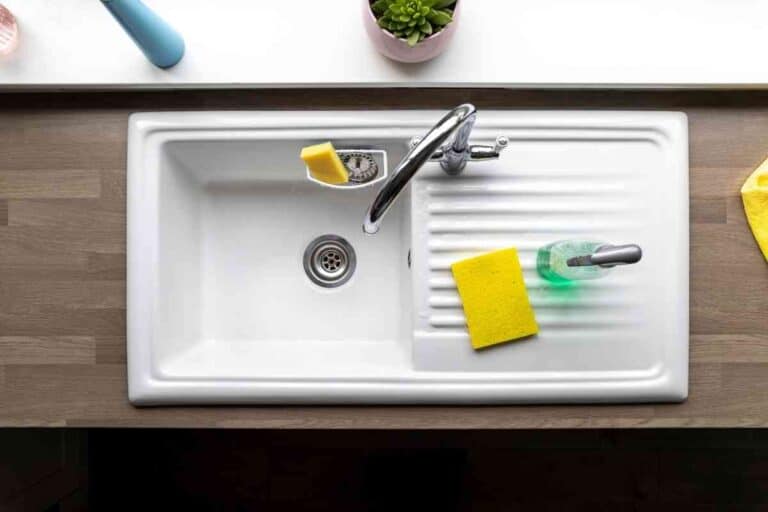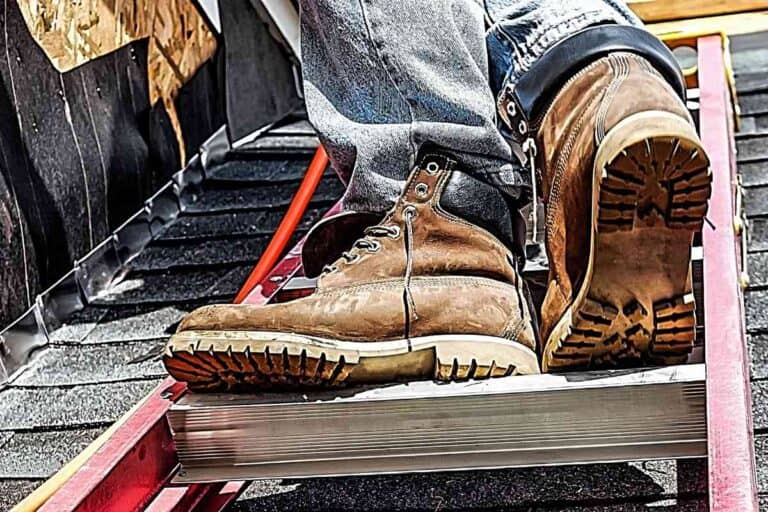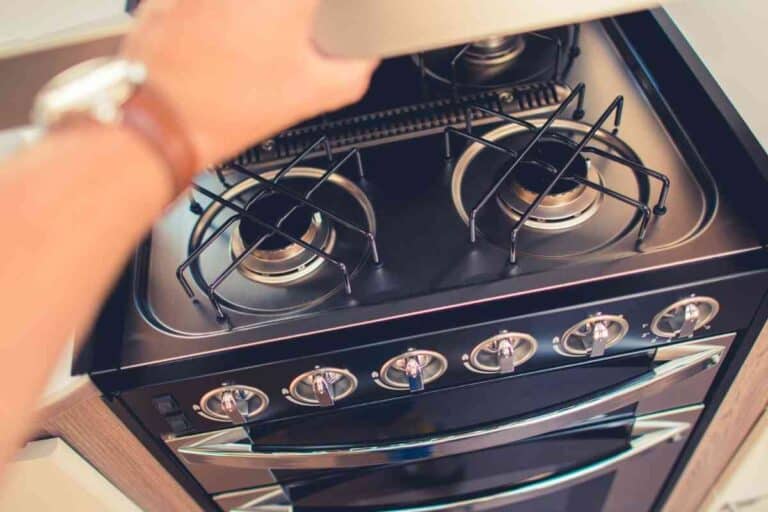Water Softener Vs Descaler: What’s The Difference?
If you’re concerned about the contents of your tap water, a water softener or descaler may be the perfect installation for your home, but what’s the difference? The water that flows out of our taps is full of trace metals and minerals, which can become quite a hassle when they build up around your pipes, appliances, and other parts of your home. If you are tired of dealing with mineral buildups, one of the best ways to mitigate the effects of these trace metals is to use a water softener or descaler.
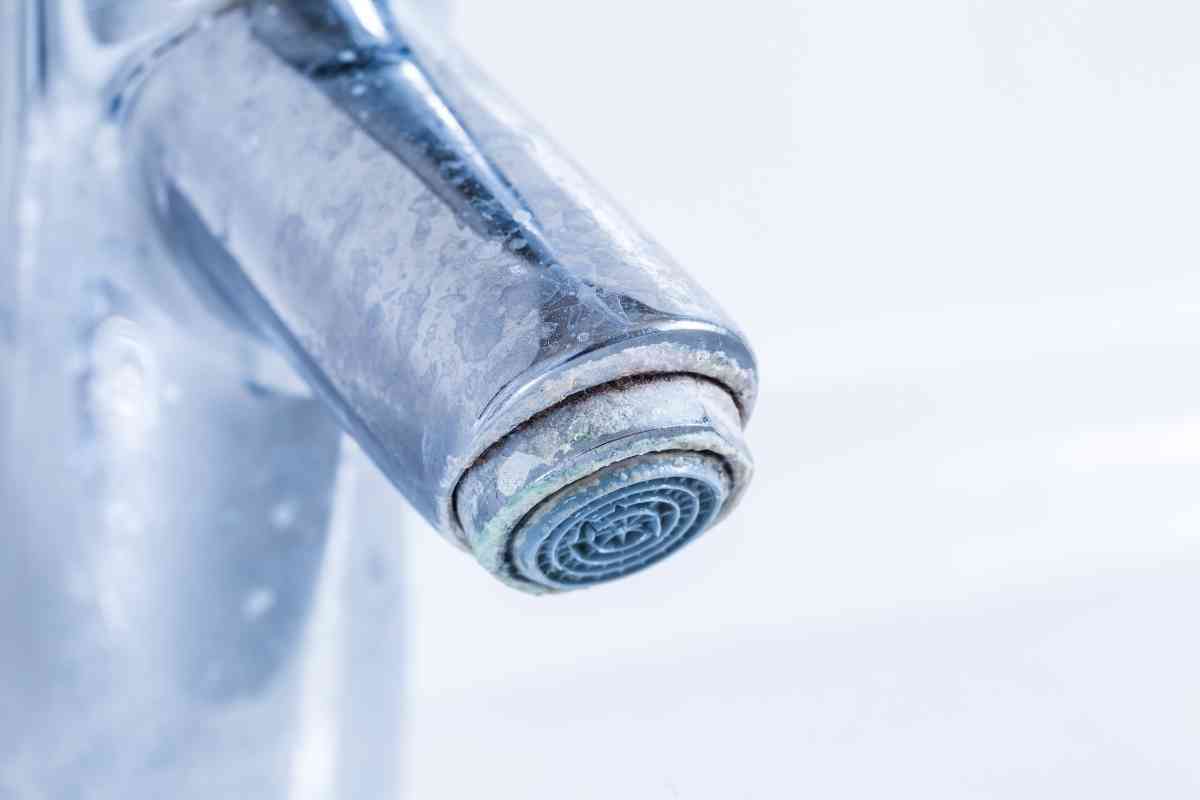
What’s the difference between a water softener and a descaler?
The difference between a water softener and a descaler is that a water softener will use sodium chloride to replace the minerals and metals in your water whereas a descaler will send electrical currents through your water to prevent minerals and metals from building up in your plumbing.
Despite what many people might think, we are actually consuming microscopic traces of metals and minerals in our water every single day. These metals naturally occur in our water sources due to rainfall that filters through rocks and sediment.
Although this is often alarming to a lot of people, the metals and minerals that flow through our tap water are generally not harmful and even have some potential health benefits. With that being said, when they are in excess, they can be quite damaging to your home. Over time, these metals will build up and start to be quite destructive – resulting in costly and laborious repairs.
If you want to take control of your home’s water content, you should consider getting a water softener or a descaler. However, these two systems work differently from one another and you may find that one is more suitable for your home than the other. To help you understand this further, we are going to take a closer look at a water softener vs a descaler.
After extensively researching water softeners and descalers, I have been able to gather enough information to determine the difference between these two systems. My research has indicated that although both alter the mineral contents of water, the process of each system is completely different.
Water Softener Vs Descaler
Before we dive into the difference between a water softener vs a descaler, we need to understand that both of these systems do have some similarities. Each system will affect the metal and mineral contents of your home’s water supply.
So, if you are concerned about the damaging effects that the trace metals in your water are having on your home’s plumbing and appliances – both a water softener and descaler are viable solutions to this problem.
With that being said, each system has its own approach to achieving this. Depending on your end goal for how you want your water treated, a water softener or descaler will be more appropriate for the job.
Water Softener
A water softener is a solution to removing trace metals and minerals completely from your water. This system uses a chemical process that involves sodium chloride. As water moves through the water softener system, the metal and mineral contents are replaced with sodium chloride and then flushed.
By flushing and removing these metals and minerals, the water softener prevents any of them from building up inside of your plumbing or other parts of your home.
However, it also prevents you from drinking them or using them in any way such as when you bathe or wash clothes. This is often a key reason why people buy water softeners so that they can control the contents of what they drink.
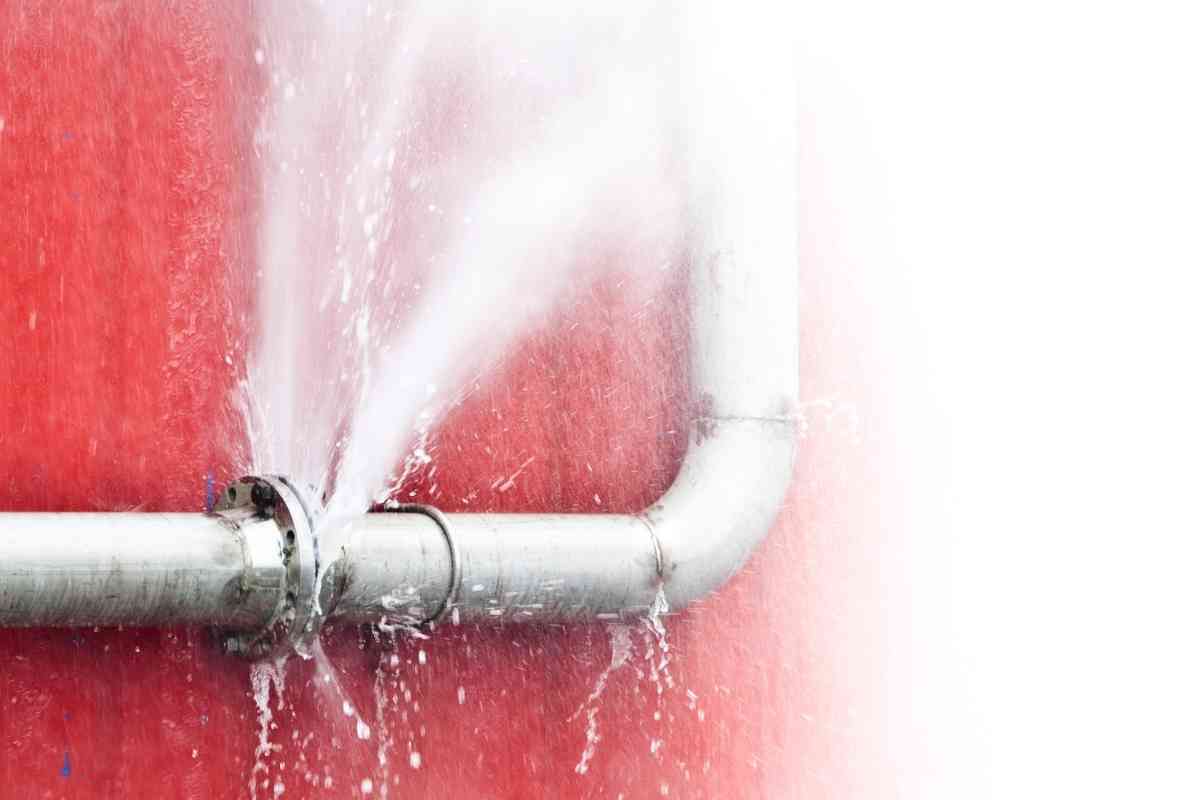
Water Descaler
Unlike a water softener, a descaler does not actually remove any of the metals and minerals inside of your water. The hardness of the water is not altered in any way, as the contents stay intact once the water descaler’s impact is applied.
What a water descaler does do is change the structure of the water’s molecules. As water passes through your pipes, metals and minerals will build up over time and create blockages.
These can be seen on the fluid outputs of appliances and sinks, as well as on the inside of pipes and plumbing.
This buildup is destructive to your home and results in costly repairs and unnecessary plumbing work. A water descaler prevents this buildup from occurring by transmitting electrical currents through your pipes to alter how the minerals behave.
The electrical currents stop buildups from occurring given that molecules cannot latch onto one another in your plumbing system. This enables your water to pass through without causing any damage to your pipes and appliances.
Water Softener Vs Descaler: Advantages & Disadvantages
A lot of people have water softeners and descalers in their homes. These are intricate systems that allow you to control or manipulate the minerals and metals of your home’s water supply. However, each one works a bit differently and you will probably find that one system is better for you than the other.
To help you understand this further, we are going to take a closer look at the advantages and disadvantages of water softeners and water descalers.
Mineral Removal
The key distinction of a water softener is that it removes the metals and minerals inside of your water. This affects the hardness level of the water and a lot of people prefer water that has been softened.
A water descaler, on the other hand, does not remove minerals and instead only alters their structure as they pass through your system. This results in the water staying hard, which has its pros and cons.
Taste
When you drink hard water you will notice that it can have an unpleasant taste. The minerals inside the water can make it taste slightly bitter – or even a bit salty. Soft water will legitimately taste what water is supposed to taste like – nothing.
This can be a huge advantage for people who live in regions that have particularly hard water with high mineral contents, which can actually make the water taste like metal. A water softener is a perfect solution to this problem.
However, a water descaler will not change the way that your water tastes in any way. Given the fact that the minerals have not been removed, the water’s taste is unaffected.
Skin & Hair Health
You will notice that your skin and hair quality will improve with soft water. Hard metals and minerals have a harsh effect on your skin and hair when you bathe – resulting in dry skin and hair.
A water descaler will not remove these metals, which means that your water could potentially continue to affect your skin and hair quality. Although this is usually not an issue in most households, regions with high mineral contents may benefit more from a water softener.
Dishes & Windows
If you have ever washed your dishes or windows and noticed that there are water marks left afterward, that is due to your water being hard. The metals and minerals in your water such as calcium will stick to glass and ceramics, which results in a poor aesthetic.
A water descaler will not prevent this from occurring – whereas a water softener will leave your dishes and glasses looking shiny and polished.
Price
If you are concerned about price, then you will find that a water descaler is going to be much more affordable. You can buy a water descaler for several hundred dollars or less – depending on the type that you get.
A water softener can easily cost several thousand dollars, which makes this a major investment for a household. If your main priority with either system is to prevent damage to your plumbing, a water descaler is going to be the way to go to save money.
Installation & Space
A water softener is much more intricate and complex. This generally results in a professional needing to install the system into your home, which adds to the price of the unit and makes it a bigger hassle overall.
In addition, the amount of space required for a water softener is much greater than a descaler – with most needing as much room as a standard furnace.
Maintenance
A water softener needs to be maintained periodically – compared to a descaler which is pretty self-sufficient. There are salt beads inside water softeners that enable the cleansing process. These will need to be replaced from time to time, which takes up your time and costs you money.
Water Wastage
Water wastage is a major issue around the country and water softeners encourage this in households. When water softeners process water it drains the water that contains minerals and it filters out – resulting in a considerable amount of wastage. A descaler does not waste any of the water through its process.
Health Benefits
Despite the fact that water softeners remove any metals that are potentially dangerous, they also remove all of the minerals that have health benefits. Certain minerals such as calcium and magnesium are very beneficial for human health and they have been stripped away during the water softening process.
A descaler leaves all of the minerals in your water intact, which is beneficial – provided that you have a clean water supply in your municipality.

